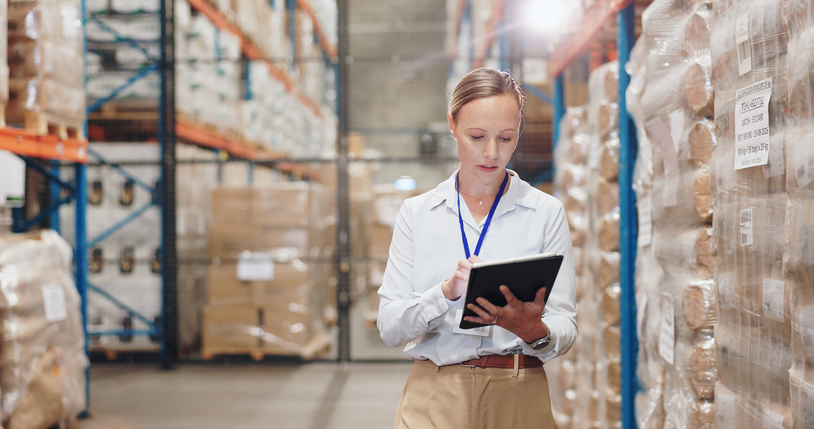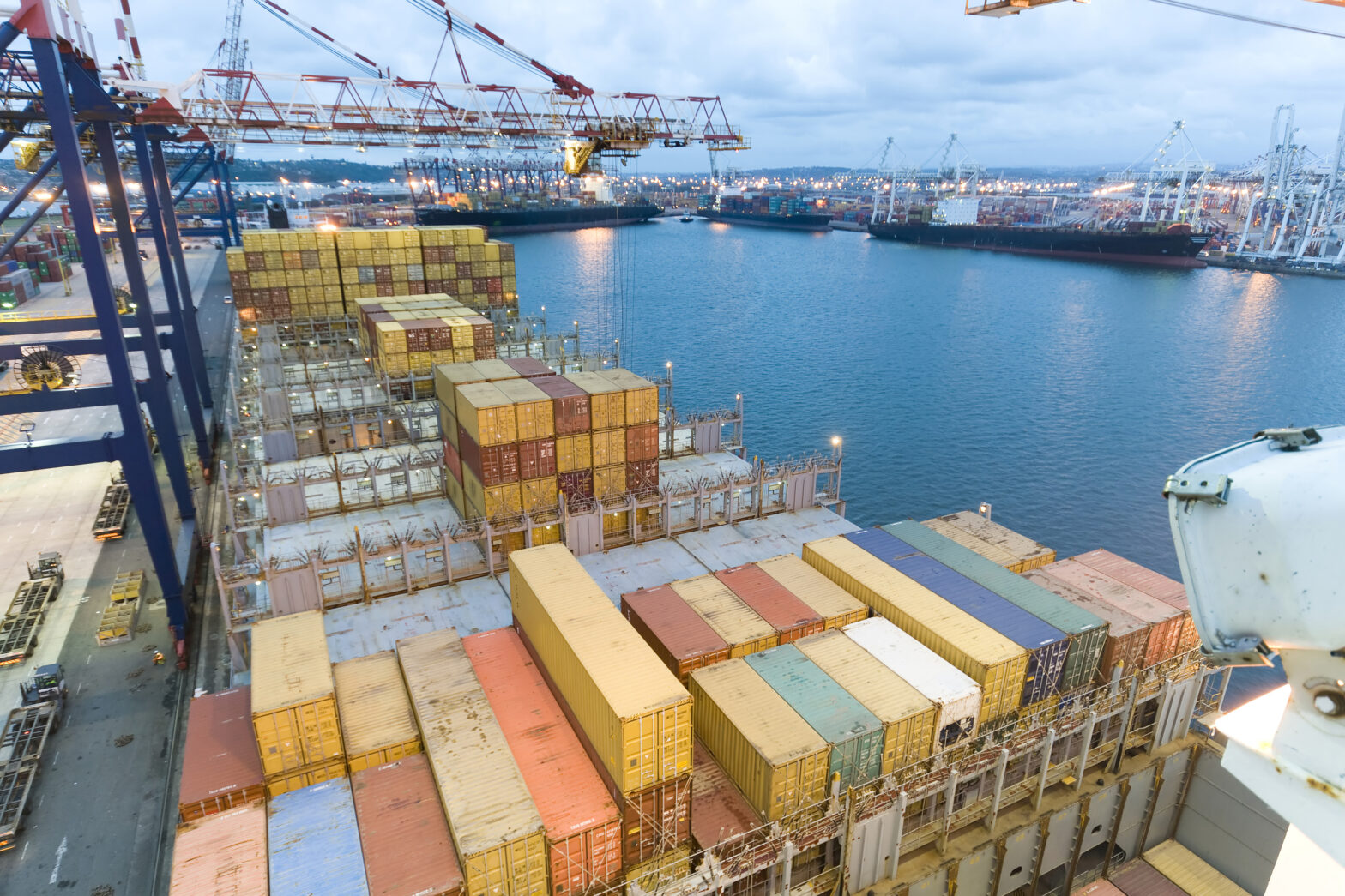If you want to move goods into the UK, it’s important to understand how various payments are calculated and how they are paid as the classification and origin of the goods will affect the amount of import duty and VAT you pay.
Classification of goods
The Trade Tariff look-up page available on the Government’s website is a great reference to help you classify goods by giving you the information you need for importing and exporting goods in or out of the UK.
You should also see our guide to commodity codes and procedures that will enable you to complete your Single Administrative Document (SAD) for importing and exporting goods.
>See also: How to import plants into the UK
To classify goods, you’ll need a Commodity Code so that customs can apply the correct rates of duty and Import VAT. These are listed in Volume 2 of the Tariff.
Your SAD must also show the accurate value of your imports. This value is used to calculate any duty or VAT liability. If your invoice is in a foreign currency the invoice value must be converted to sterling.
If you import from certain countries outside the European Union (EU), you may be able to benefit from Import Preference. This scheme allows you to import goods originating from these countries with a reduced or nil import duty rate. To qualify, it must be clear that the goods have originated in a country with preferential import status. Proof of preferential origin is issued in the country of origin and submitted in the country of import.
Additional duties
In some cases, you may have to pay additional duties. This might apply in instances where the UK decides that products from certain countries are being sold at such a low price as to be damaging to British industry.
Deferment Accounts
Where there are significant amounts of customs duty and import charges to be paid, businesses could consider using a Deferment Account for both customs duty payment and clearance of goods. A deferment account lets users defer paying the importation levies until a prescribed payment day.
To open an account, you’ll need to supply financial security to cover every sum you defer up to an overall maximum amount in any calendar month. Your agent can also use a deferment account on your behalf.
>See also: How to import from Turkey to the UK
At the end of the Brexit transitional period, the UK introduced an option for UK VAT registered businesses to defer paying Import VAT when goods are imported into the UK and instead apply a reverse charge (a self-assessment with a simultaneous input tax deduction) in the UK VAT return. In this case, businesses may not need to use a deferment account (either their own or their agent’s) to secure or pay Import VAT.
You are likely to be using the services of a freight forwarding agent. It would be helpful to talk to them as they will be able to provide further practical information.
Alex Baulf is senior director of global indirect tax at tax compliance solution Avalara





